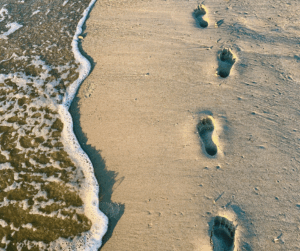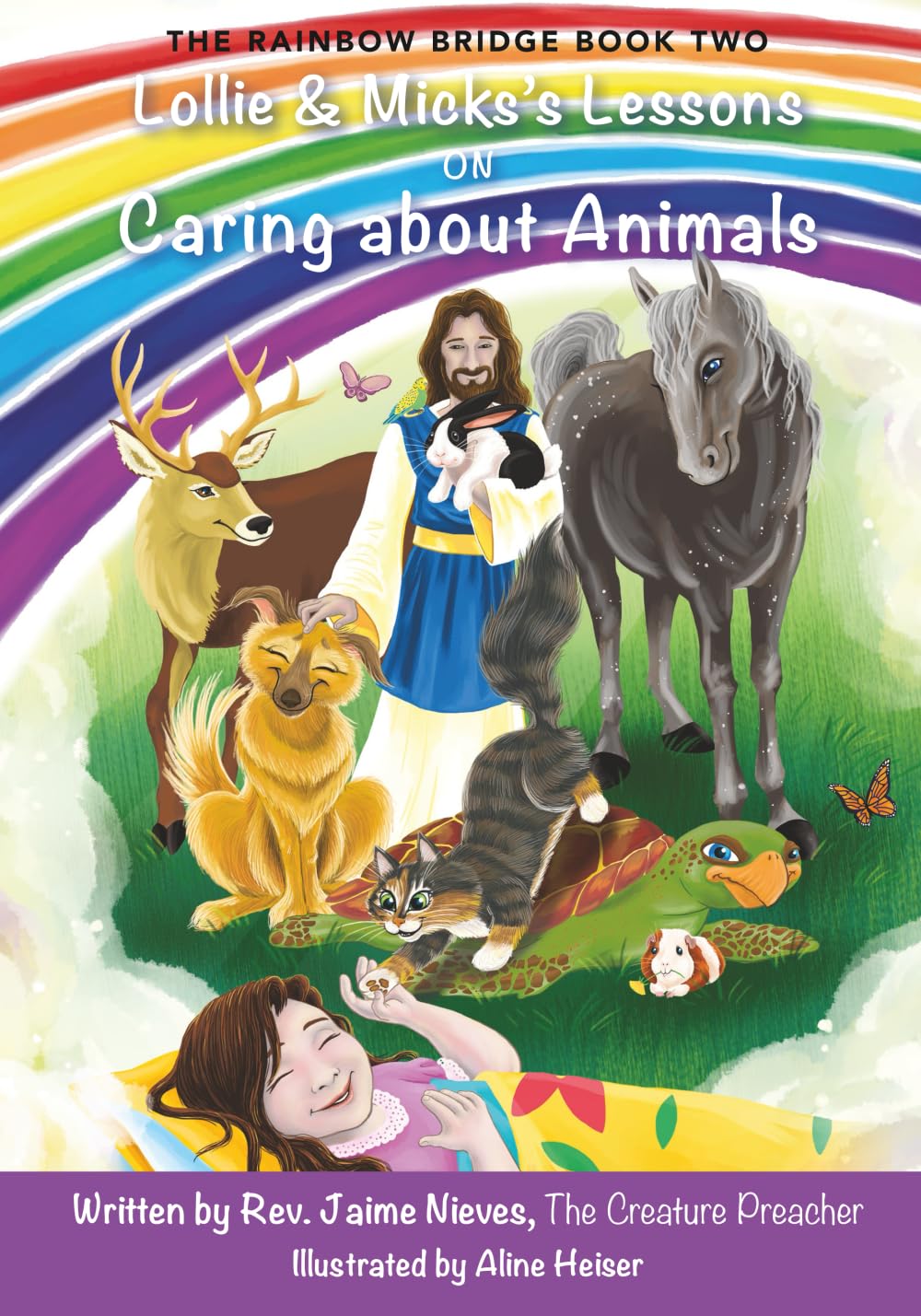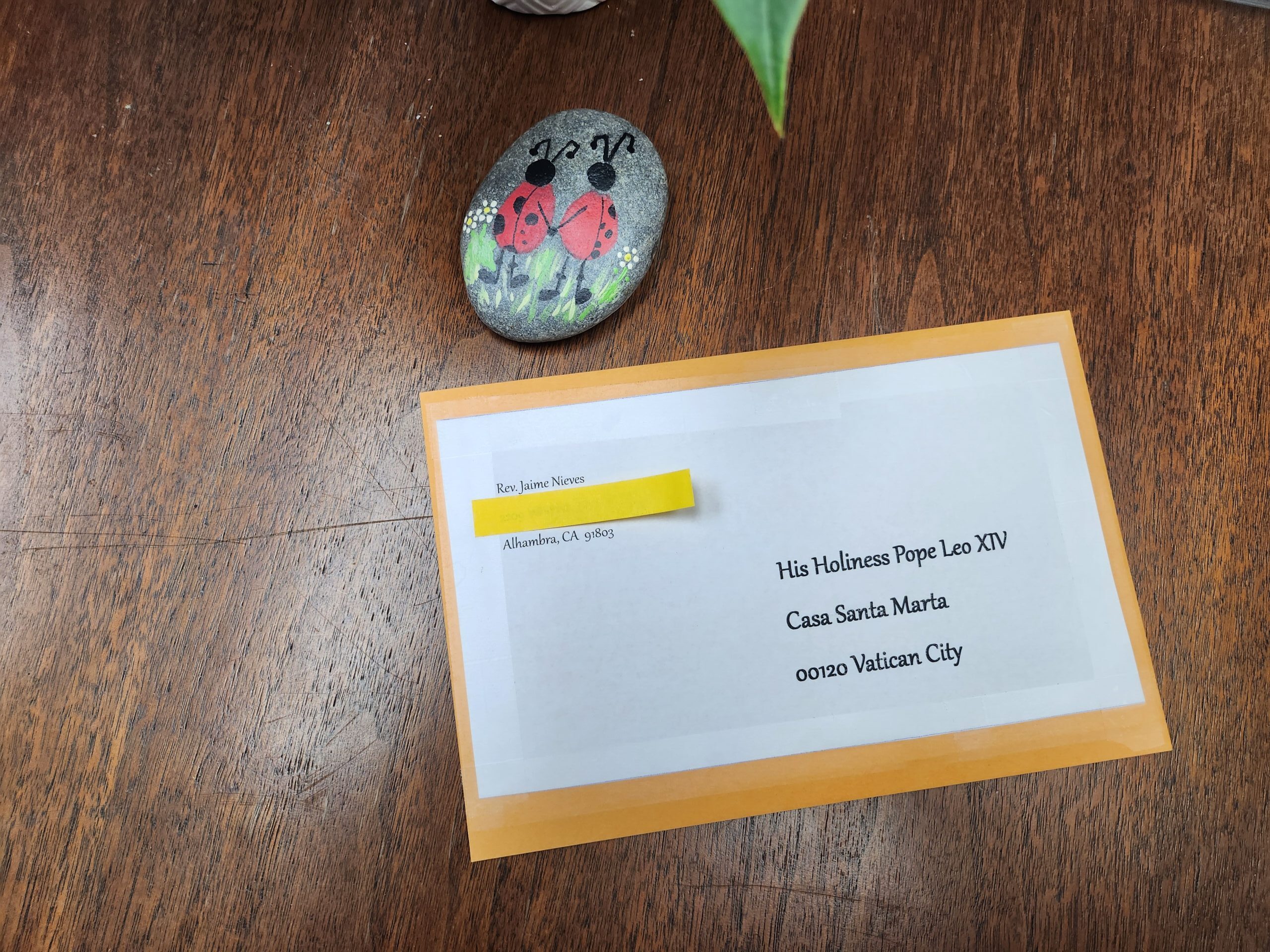“If you never dare to get your feet wet you will never witness the greatness of the waves.” As a total beach and ocean lover I completely agree with that statement! That anonymous quote, that I ran across on the Internet, captures the essence of the message Yahweh was relaying to Joshua and the Israelite priests as they were on the verge of entering the Promised Land. In Joshua 3:7, we read: “The LORD said to Joshua, ‘Today I will begin to make you great in the opinion of all Israel. Then they will know that I will be with you in the same way that I was with Moses. You are to command the priests who carry the covenant chest, ‘As soon as you come to the bank of the Jordan, stand still in the Jordan.’ Joshua said to the Israelites, ‘Come close. Listen to the words of the LORD your God.’”
Wait – did we hear that right? The Lord told the group to “stand still” in the Jordan? Why? They’ll get their feet wet! Yes! That was precisely the point! I think this was a “spiritual test” of sorts. Maybe Yahweh wanted to see if the priests had enough faith to get their feet wet. And if they were willing to take that first step of faith then God would miraculously lead them forward. Getting our “feet wet” is kind of like discerning the will of God. Trying to figure out and follow God’s will for each of us is far from being an exact science – there are no “10-step programs or formulas” that we can rely on.
That’s probably why we’ve all missed comprehending God’s will for us more than once! But what I think we all know is that God uses a combination of the Holy Spirit and Holy Scripture to guide us. If we open God’s Word, God will open God’s mouth and lovingly speak to us through the Word. And when the Word of God is conceived in our spirits, we have no choice but to act on it. And that means “getting our feet wet” while we “chase the Wild Goose.”

In his book, Wild Goose Chase: Reclaim the Adventure of Pursuing God,” Pastor Mark Batterson suggests that “chasing the Wild Goose” means that we truly start living when we find something worth dying for. “Maybe that explains why Jesus was so full of life,” Batterson writes. “He had so much – or rather so many – to die for. No one was more passionate about life than Jesus. In fact, the final chapter of Jesus’s life is appropriately referred to as the Passion. And we are called to follow in his footsteps. Christ followers ought to be the most passionate people on the planet. Pursuing God-ordained passions isn’t optional. It’s an essential part of chasing the Wild Goose. And the adventure begins the moment we start pursuing a God-ordained passion.”
When God puts a passion in your heart, that God-ordained passion becomes your responsibility. And you have to decide… whether you’re going to get your feet wet or not. And here’s the great thing about chasing your “Wild Goose”: it doesn’t come with a tag that reads, “Only the experienced need apply.” When it comes to doing the will of God, God-ordained passions are far more important than any human qualification we can bring to the table. In fact, God often uses us at our point of greatest incompetence. That way God, rightfully, gets all the credit!
In the Bible, Nehemiah was a Jewish leader who played a major role in rebuilding the walls of Jerusalem after the Babylonian exile. His “Wild Goose Chase” is documented in Nehemiah 2:17-20: “So I said to them, ‘You see the trouble that we’re in: Jerusalem is in ruins, and its gates are destroyed by fire! Come, let’s rebuild the wall of Jerusalem so that we won’t continue to be in disgrace.’ I told them that my God had taken care of me, and also told them what the king had said to me. ‘Let’s start rebuilding!’ they said, and they eagerly began the work. But when Sanballat the Horonite, Tobiah the Ammonite official, and Geshem the Arab heard about it, they mocked and made fun of us. ‘What are you doing?’ they asked. ‘Are you rebelling against the king?’ ‘The God of heaven will give us success!’ I replied. As God’s servants, we will start building. But you will have no share, right, or claim in Jerusalem.’”

Nehemiah had no architectural training or construction experience on his resume. And, as far as we know, he had never even been to Jerusalem. He was severely underqualified to pursue this God-ordained passion. His story is just about as laughable as a farmer named Noah building an ark, a shepherd named David fighting a Philistine giant, and a murderer named Paul writing half
of the New Testament.
The other exciting thing, according to Pastor Batterson, is that you never know how a God-ordained passion will be conceived. It might happen during a casual conversation, or while sitting in worship service. It could happen while sitting in a meeting or reading a book on your patio. The catalyst might even be a death or a divorce. For Nehemiah, it was a simple question. He simply asked how things were going in Jerusalem and his brother’s answer changed the trajectory of his life. In the extraordinary building of this wall Nehemiah prayed like it depended on God. That’s half of pursuing your passions. The other half is working like it depends on you.
What makes you cry? What makes you so mad you pound your fists on a table? What makes you smile? If you want to discover your God-ordained passions then you need to identify what makes you sad, mad, or glad. And somewhere amidst the sadness, madness, and gladness you’ll find the Wild Goose waiting for you!
God-ordained passions often break our hearts, and they can seem like overwhelming burdens to bear. But pursuing our passions is really the key to living a fruitful and fulfilling life. It’s the thing that wakes us up early in the mornings and keeps us up late at night. It’s the thing that turns a career into a calling. It’s the thing that gives us goose bumps – Wild Goose Bumps. And it’s the thing that will bring you the greatest joy imaginable!
When Christianity is used as a noun, we deflate it. Christianity should always be an action verb. The title of Acts, in the Bible, says it all. The book’s title is not “the Ideas of the Apostles” or “the Theories of the Apostles” or “the Words of the Apostles.” It’s “the Acts of the Apostles.” The same goes for us modern-day apostles. Will God say, “Well thought, good and faithful servant”? Will God say, “Well said, good and faithful servant”? Nope. God said, and will always say, “Well done, my good and faithful servant”!
So, good and faithful servants, it’s time to get your feet wet. It’s time to experience the greatness of the waves. It’s time to get Wild Goose Bumps. It’s time to stop looking for signs and go out and “do.” It’s time… to chase the Wild Goose!






